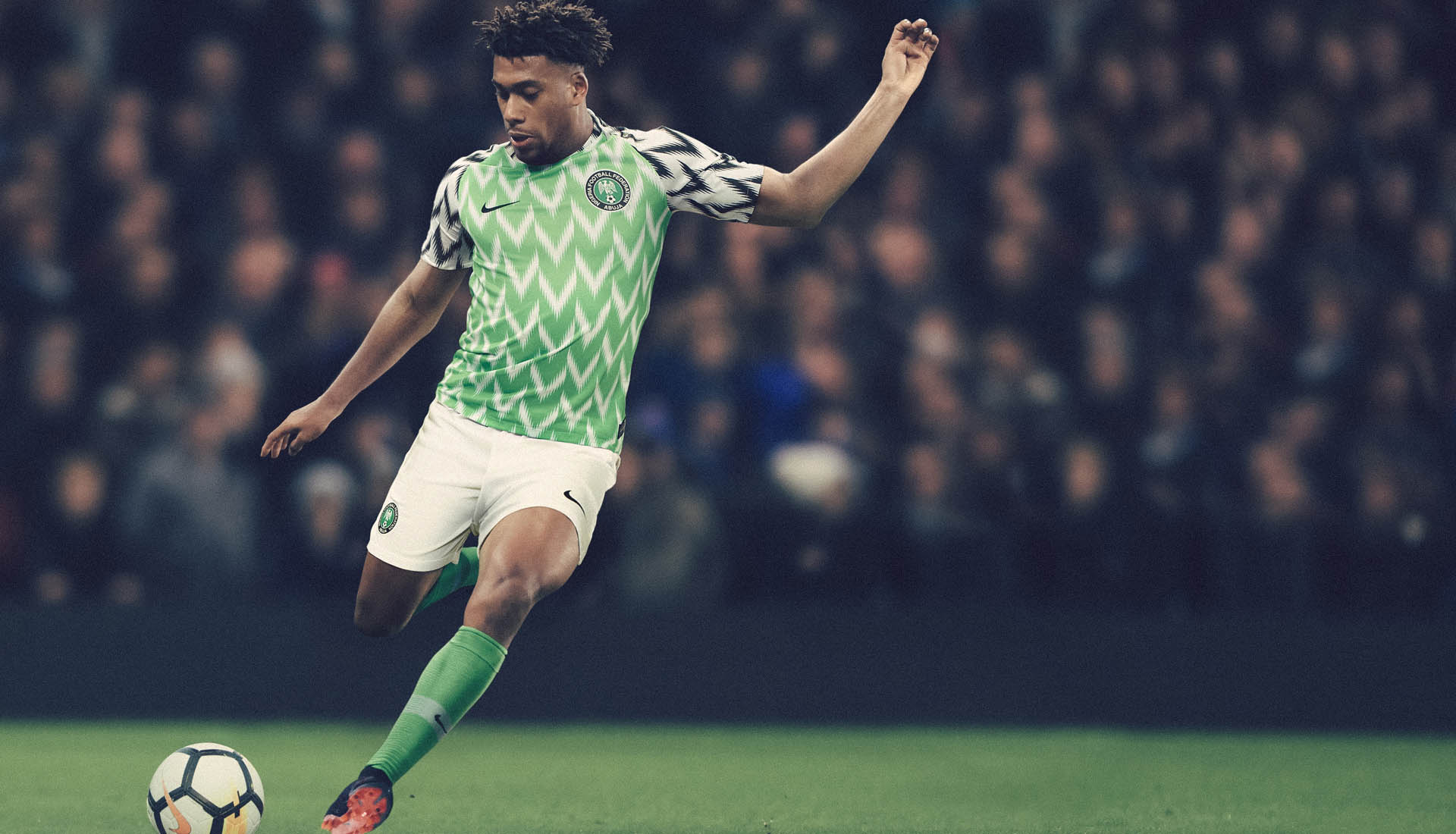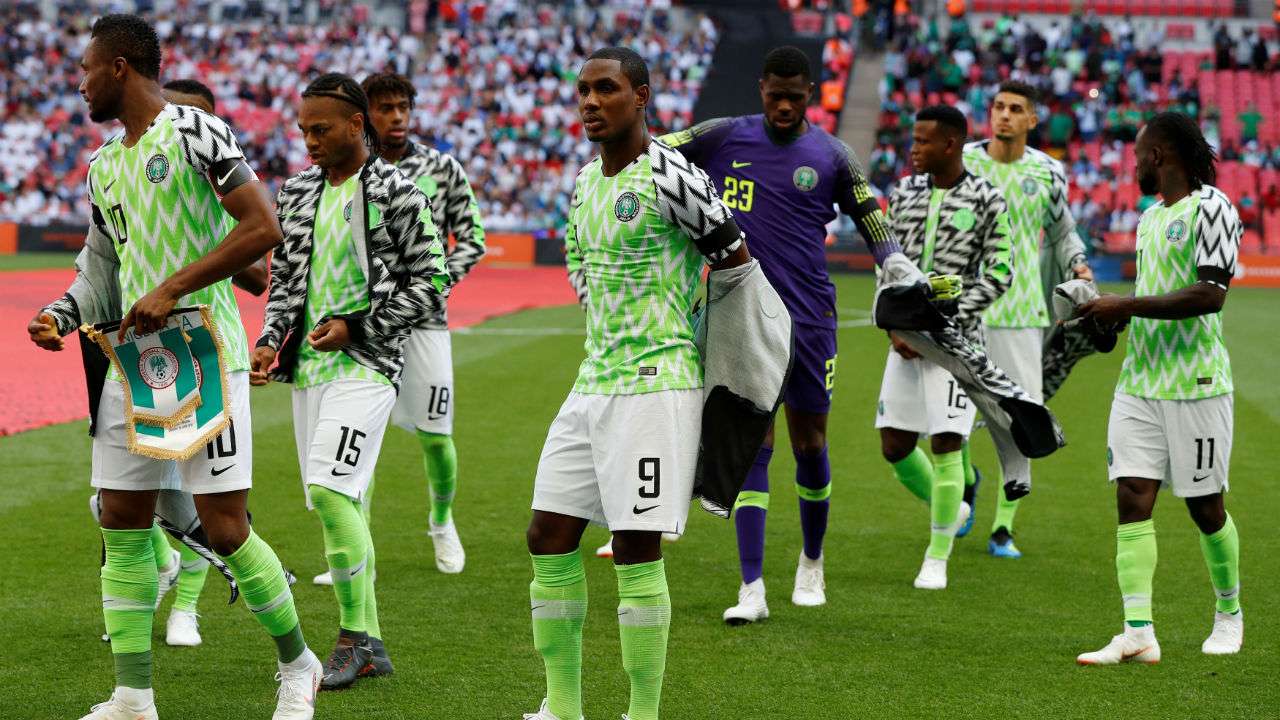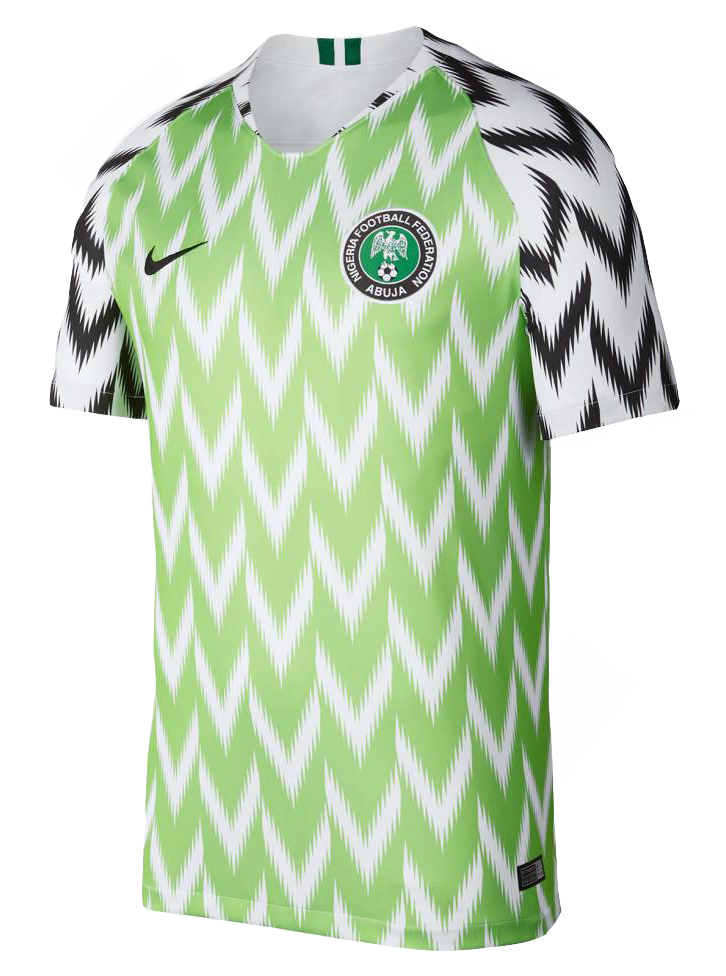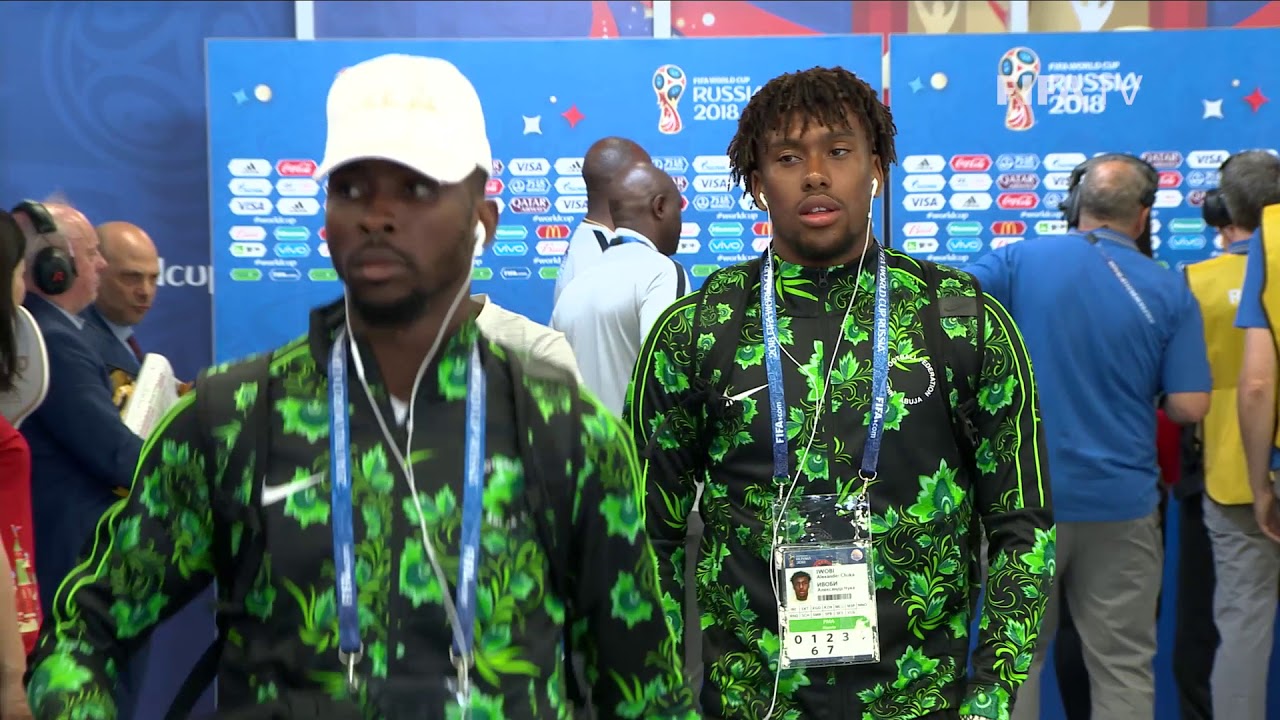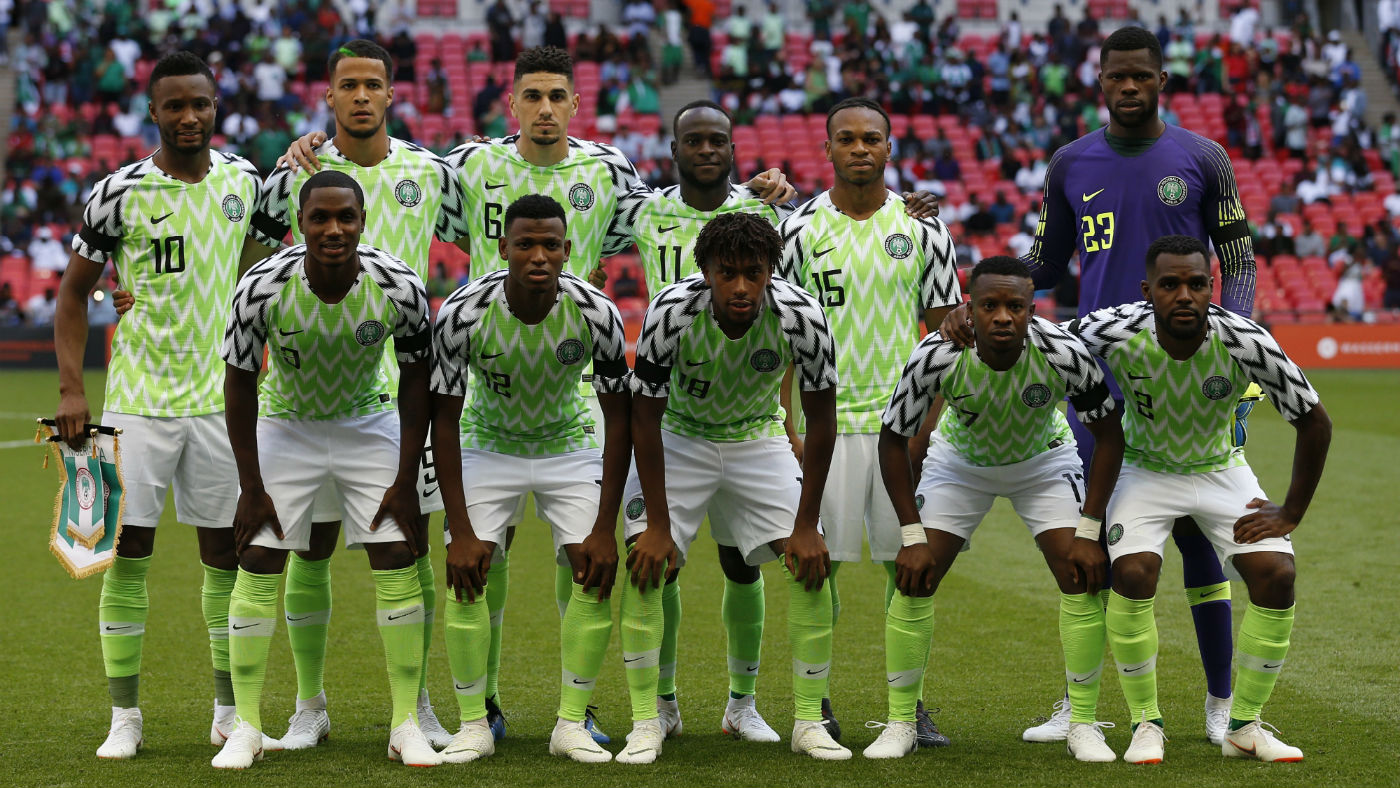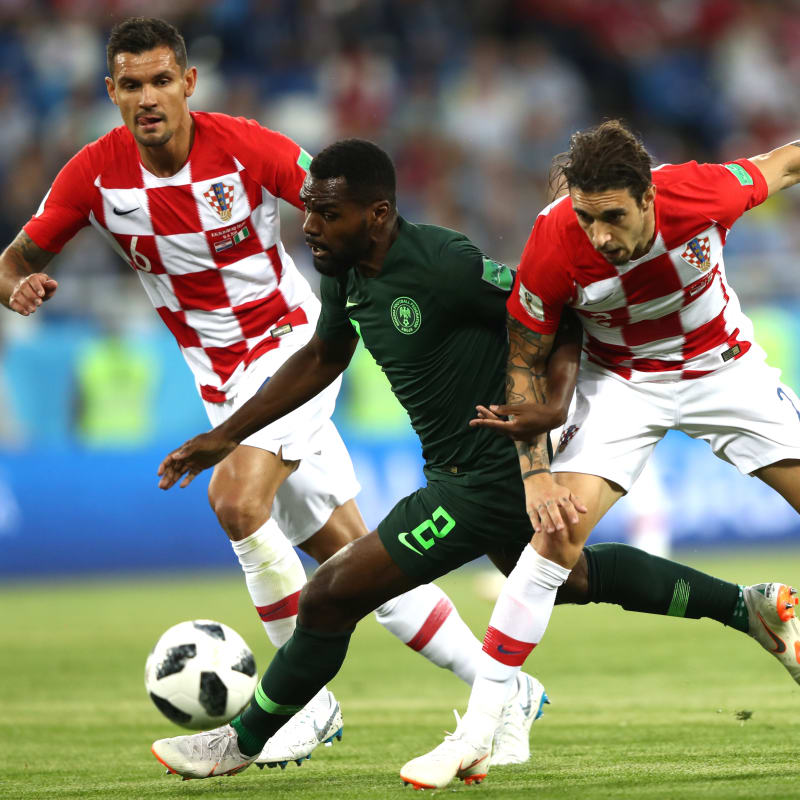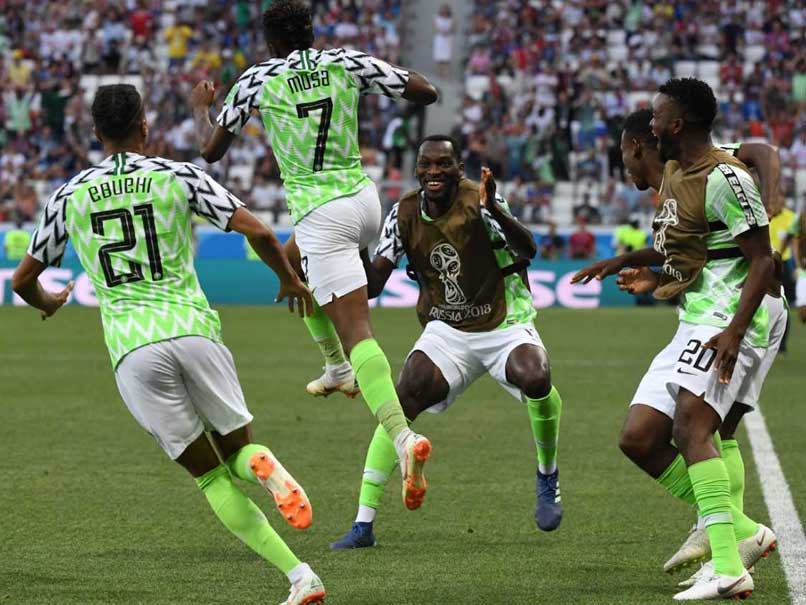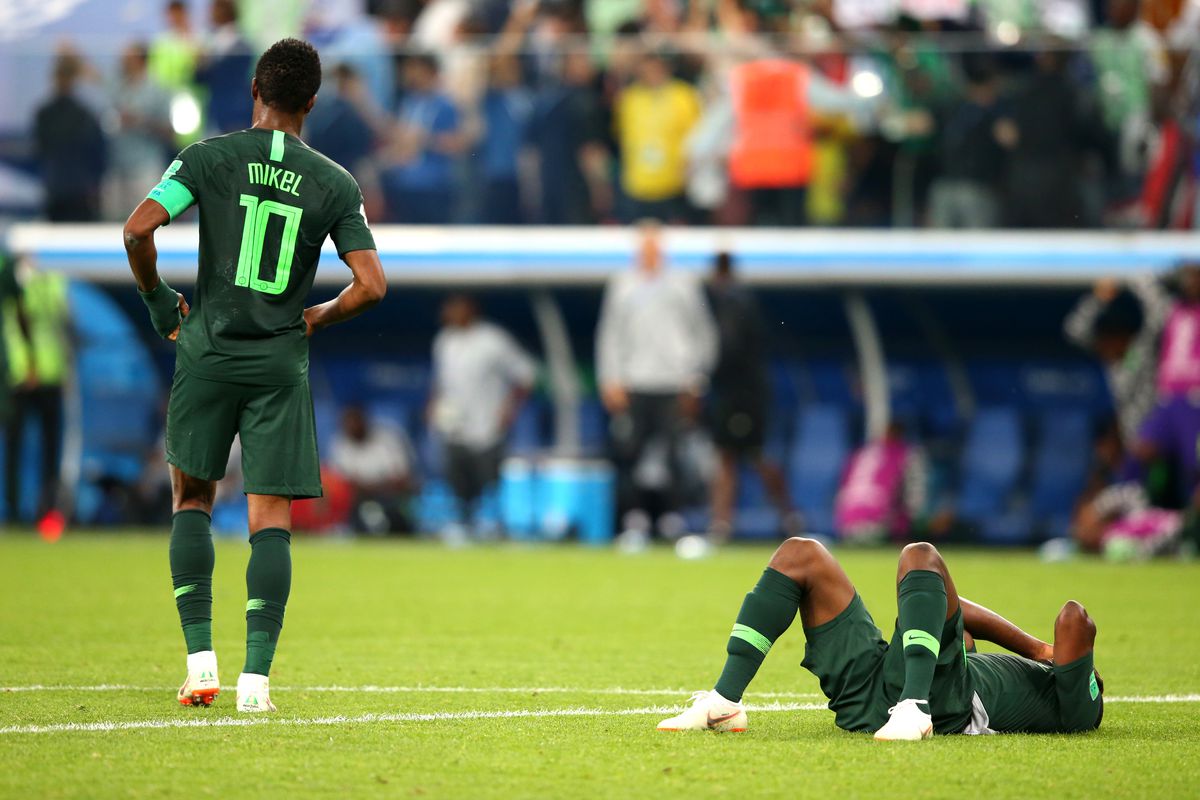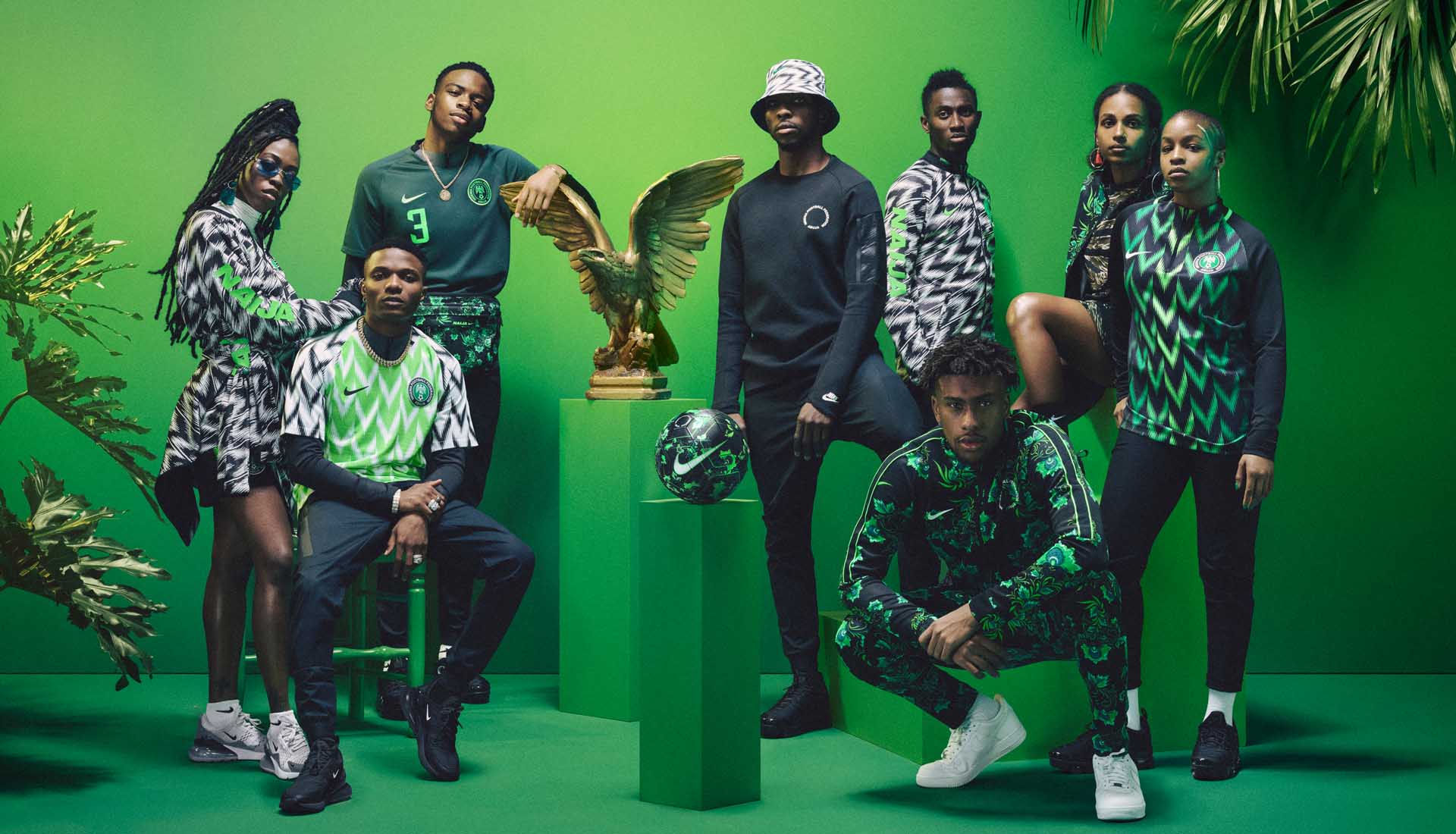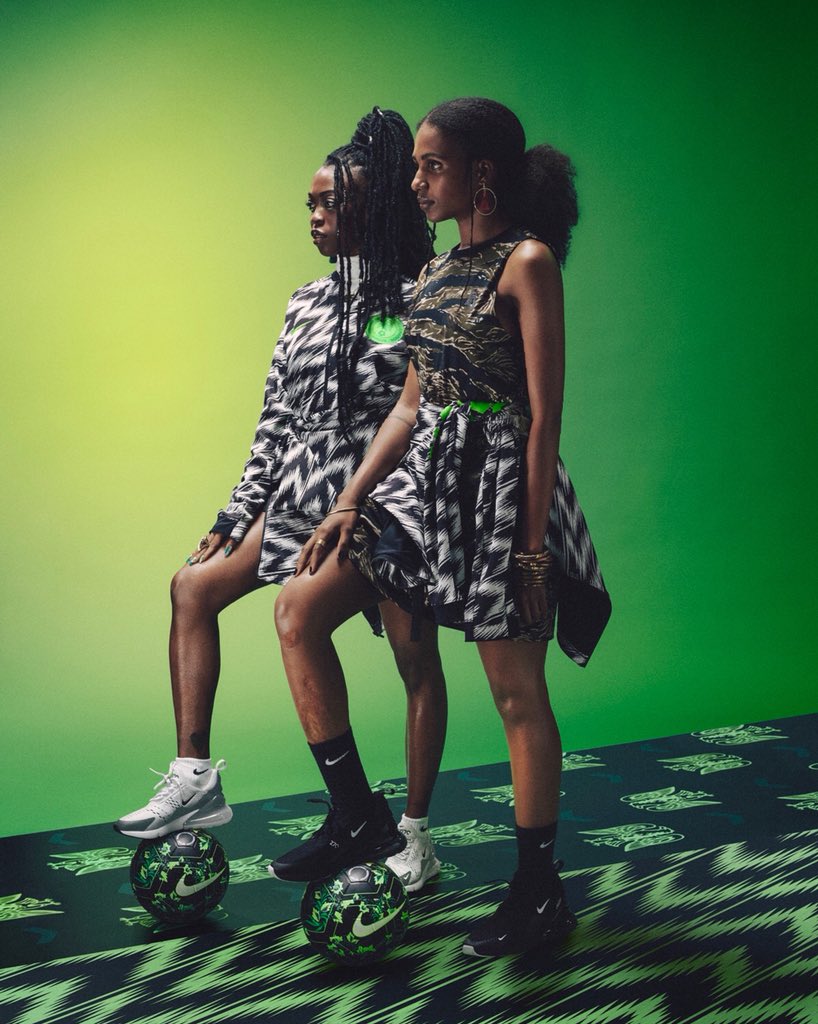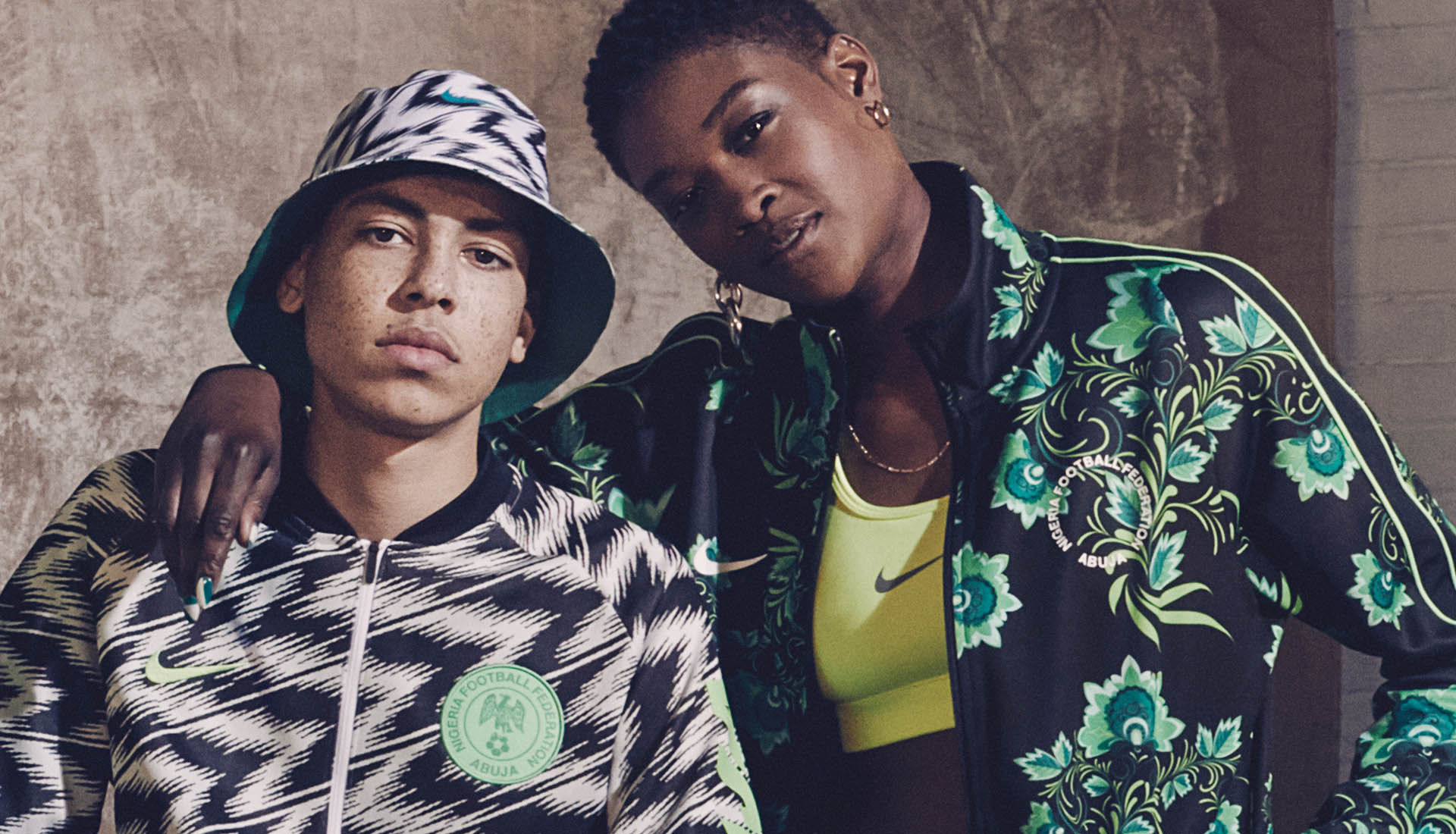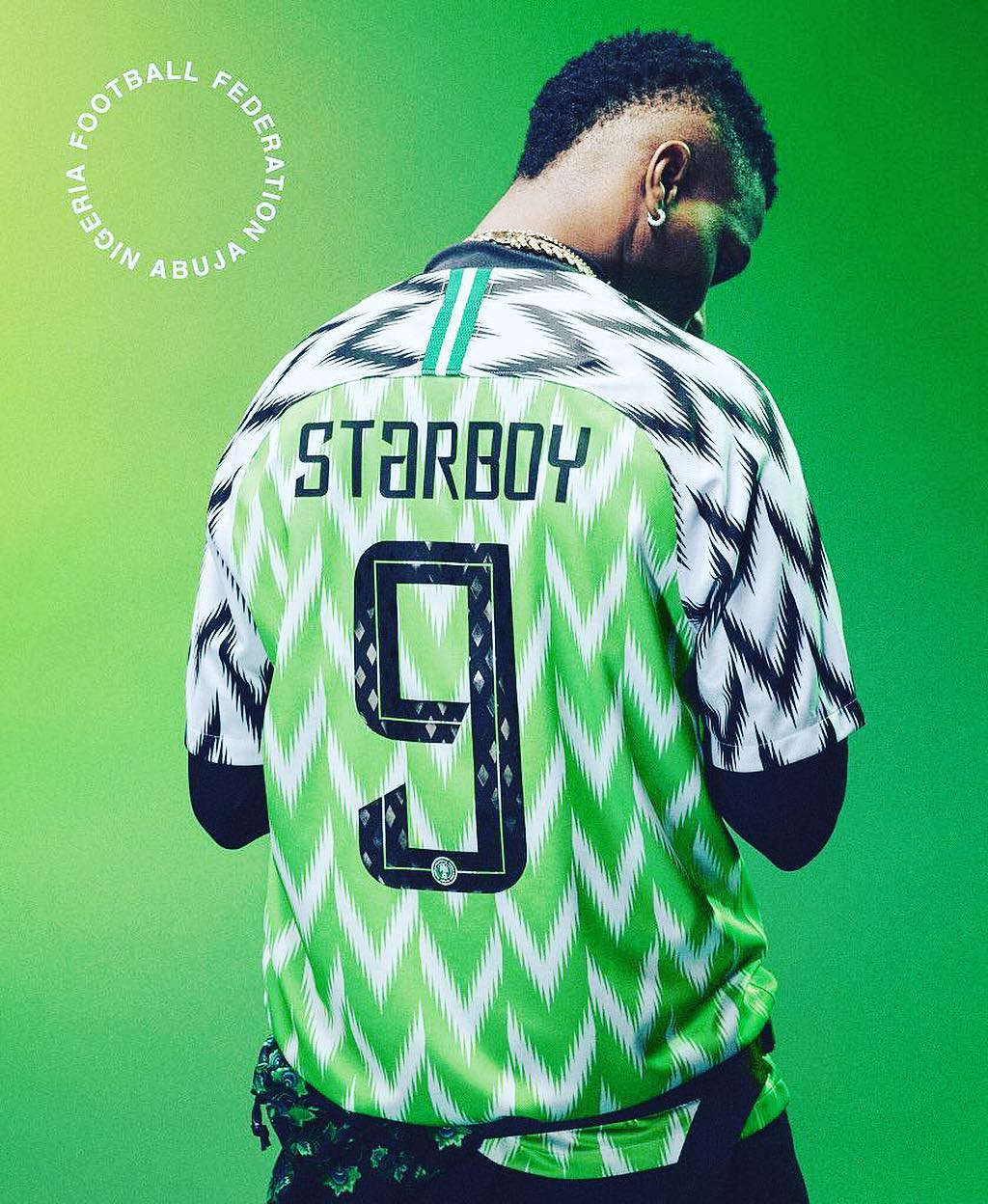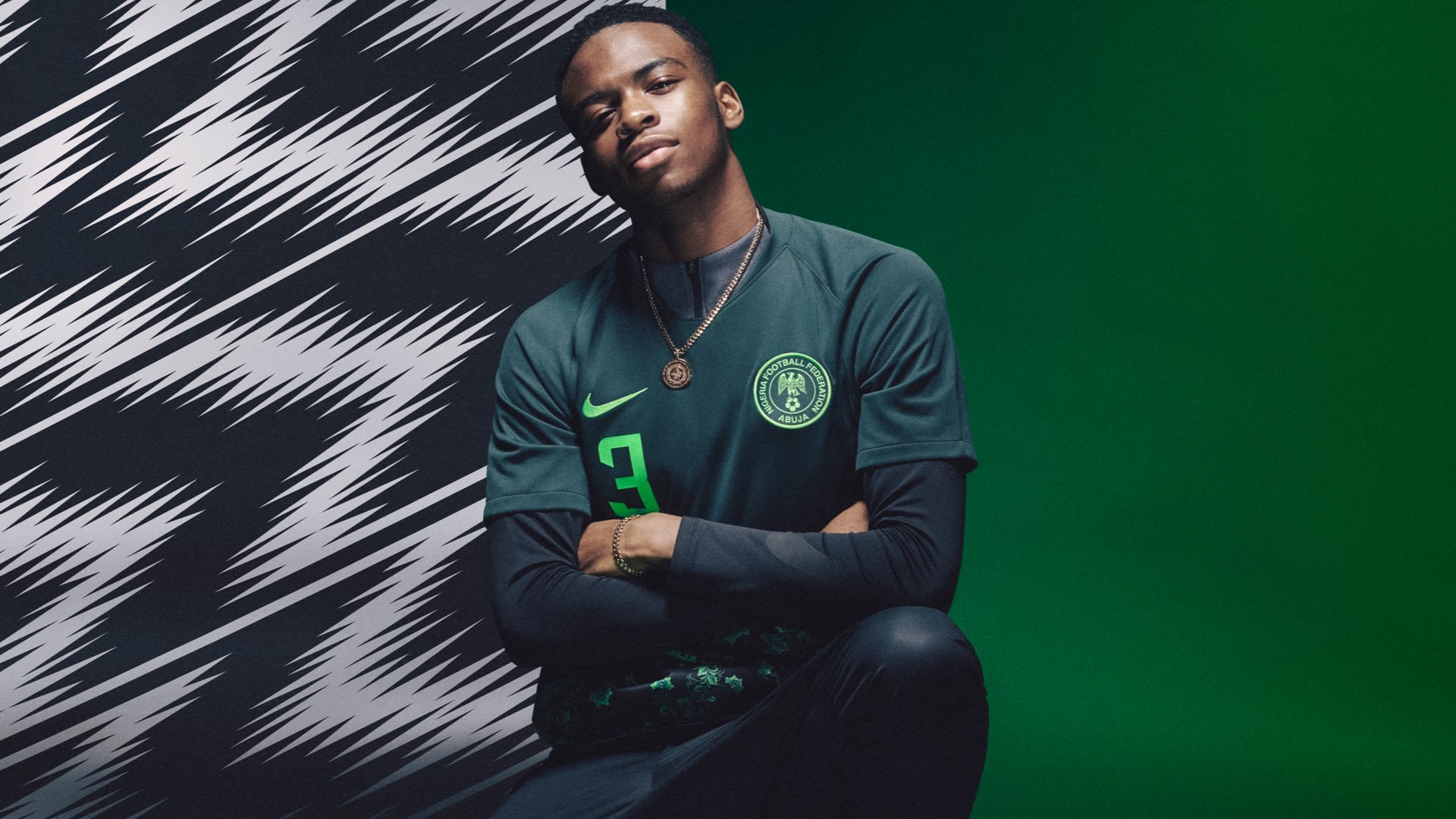Nigeria 2018 World Cup Jersey
In February 2018, with the World Cup on the horizon in the coming summer, Nike released Nigeria’s home and away jerseys as well as an extensive “Naija” collection of streetwear inspired apparel. Spearheading the drop was the home kit which featured a lime green body with white-and-black sleeves and all decorated by jagged vertical stripes resembling the wings of the team’s mascot, the Super Eagles. The jersey, which looked less like a traditional soccer kit than a hyped-up sneaker, sold out within three minutes of the drop marking a distinct shift from a piece of athletic gear to rarest-provenance streetwear.
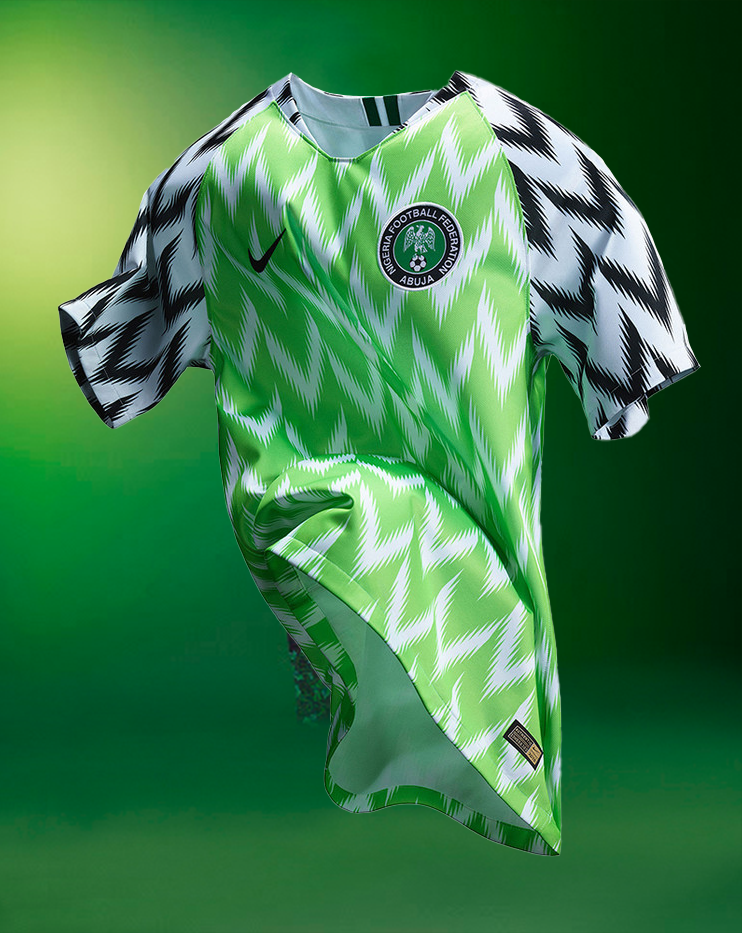


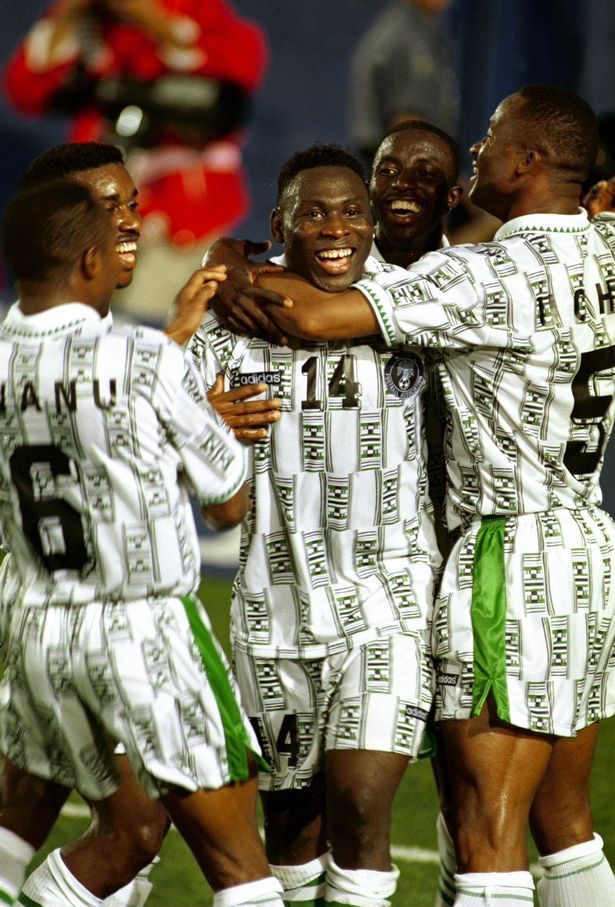
Nike’s energetic collection for the Nigeria Football Federation was imbued with the Naija spirit, a term meaning “the new Nigeria,” adopted by a young generation of Nigeria players entering the national team scene. The home kit payed subtle homage to Nigeria’s 1994 shirt (worn by Nigeria's first team to qualify for the World Cup) with its eagle wing-inspired sleeves and torso. But at heart, the kit, and collection as a whole, was driven by a desire to channel a healthy reserve of exuberance.
